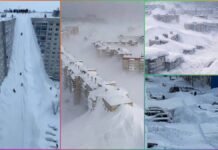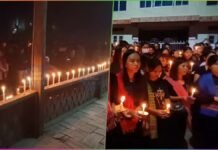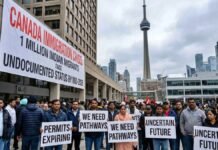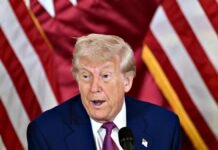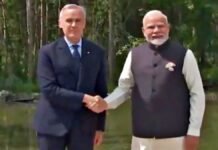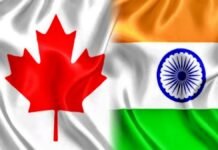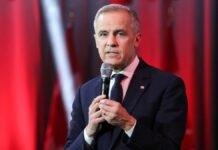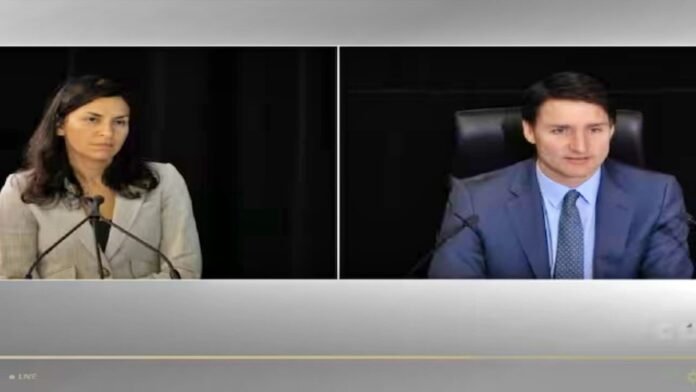
Ottawa : Canadian Prime Minister Justin Trudeau has publicly acknowledged that he has not provided India with concrete proof linking the Indian government to the killing of Khalistani terrorist Hardeep Singh Nijjar on Canadian soil. Speaking during a testimony before the Public Inquiry into Foreign Interference in Federal Electoral Processes and Democratic Institutions, Trudeau clarified that his accusations against India were based primarily on intelligence rather than hard evidence.
Trudeau’s comments referred to the allegations he made in September 2023, accusing Indian agents of being involved in the assassination of Nijjar outside a gurdwara in Surrey, British Columbia. “At that point, it was primarily intelligence, not hard evidentiary proof,” he said, suggesting that his claims were founded on reports from Canada’s intelligence community rather than concrete, actionable evidence.
Despite the absence of solid proof, Trudeau continues to assert that there is “credible evidence” linking India to Nijjar’s murder. He also revealed that he had urged the Indian intelligence community to look into the matter, but initially, it was thought to be a gang-related incident. Trudeau mentioned that some South Asian MPs in Canada had insisted on India’s involvement, though he refrained from naming any individuals.
Allegations of Gang Involvement and Criminal Syndicates
Trudeau further claimed that the notorious Lawrence Bishnoi crime syndicate played a role in the assassination. According to the Prime Minister, opponents of the Modi government in Canada had their information passed to the Indian government, which allegedly directed this information through criminal organizations like the Bishnoi gang, leading to violence against Canadian citizens.
He also stated that Canadian intelligence officials had raised concerns with their Indian counterparts between July and August 2023, regarding potential involvement of Indian agents in the murder. These interactions reportedly deepened suspicions but did not result in India acknowledging any role.
Diplomatic Fallout and Escalating Tensions
The diplomatic tensions between India and Canada have reached a boiling point following Trudeau’s allegations. In a direct response, New Delhi categorically rejected the claims, calling them “absurd” and “baseless”. On Monday, the Indian government expelled six Canadian diplomats and withdrew its High Commissioner from Canada in protest of what it considers Ottawa’s unfounded accusations.
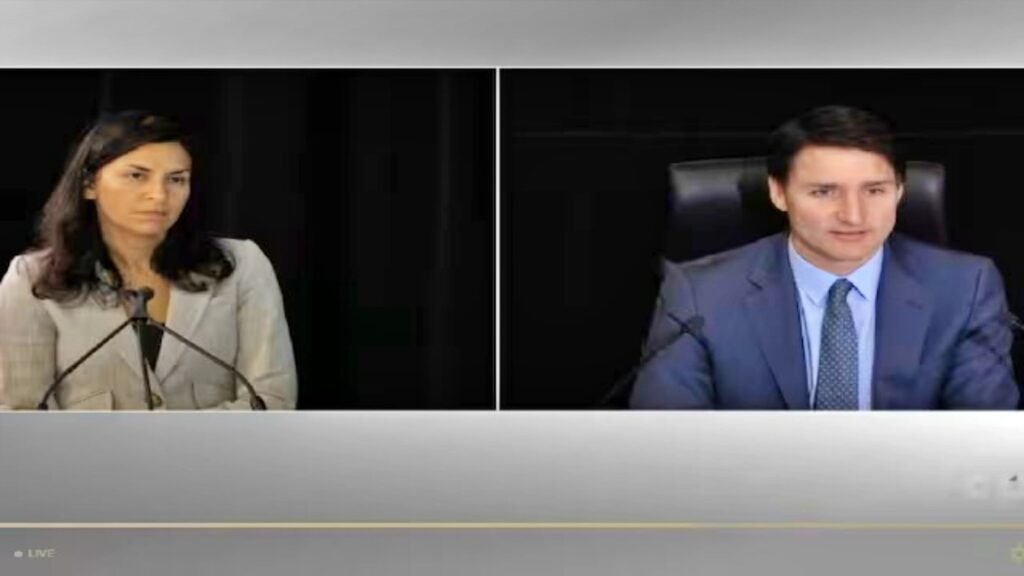
India has also dismissed Canadian efforts to link Indian agents with criminal gangs in Canada. Official sources from New Delhi have emphasized that no credible evidence has been provided to substantiate the allegations, despite Ottawa’s claims to the contrary. Canada’s assertion that it shared proof with New Delhi has also been contested by Indian officials.
The ongoing diplomatic rift between the two nations has thrown bilateral relations into disarray, with both sides engaging in tit-for-tat expulsions and public exchanges of accusations. As tensions continue to simmer, the dispute threatens to impact trade, security cooperation, and the large Indian diaspora in Canada.









